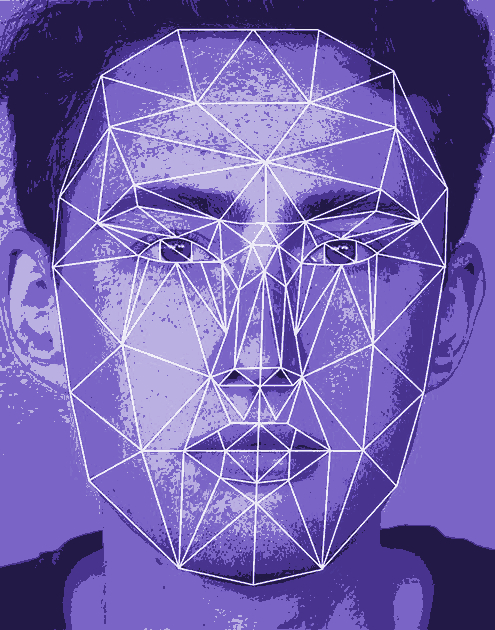AI trained for facial diagnosis
 Researchers have taught artificial intelligence to identify rare genetic syndromes from photos of the face.
Researchers have taught artificial intelligence to identify rare genetic syndromes from photos of the face.
The distinct facial features symptomatic of many genetic syndromes can help clinicians in their diagnoses. However, the large number of possible syndromes makes correct identification challenging.
So, scientists are turning to AI as a way to aid the diagnosis of genetic syndromes.
Researcher Yaron Gurovich and colleagues have trained a deep learning algorithm using over 17,000 facial images of patients whose diagnoses span hundreds of distinct genetic syndromes.
The images used in this study were taken from a community-driven platform, onto which clinicians uploaded images of patients’ faces.
The authors tested the AI’s performance with two independent test sets, each containing facial images of hundreds of patients that had previously been analysed by clinical experts.
For each test image, the AI proposed an ordered list of potential syndromes. With both sets, the AI successfully proffered the correct syndrome among its top 10 suggestions around 90 per cent of the time, and outperformed clinical experts in three separate experiments.
Although this study used relatively small test sets and involved no direct comparisons with other existing identification methods or human experts, the researchers say these results suggest that AI could potentially aid the prioritisation and diagnosis of rare genetic syndromes in the clinic.







 Print
Print